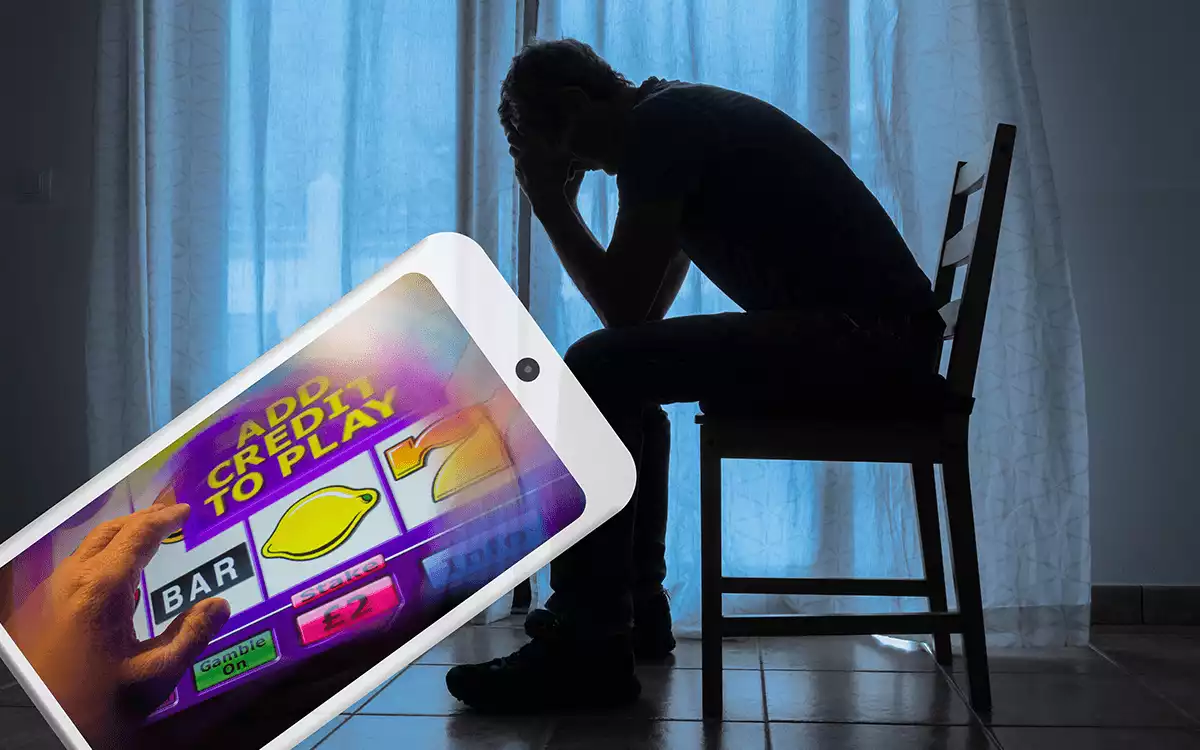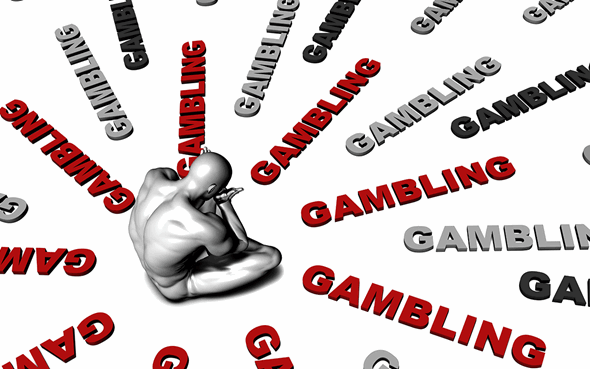Mental Health Links
New research conducted using information from GambleAware’s 2022 Treatment and Support Survey highlights a link between mental health conditions and problem gambling behaviour.
The statistics also highlighted a 23% rise in problem gamblers between 2020 and 2022.
The Survey Findings
The original survey and the research conducted using it highlighted several connections between those with mental health issues and problem gambling behaviour. Alma Economics, a data research company, were in charge of the study. They made the connection using a regression analysis technique. This involves finding variables that impact behaviour.
The study found that someone that is suffering from a mental health condition is 3% more likely to see an increase on the Problem Gambling Severity Index (PSGI), which is used to assess someone’s gambling behaviour.
In 2020, there were around 1.5 million people with a PSGI score of 8 or more, which is enough to indicate they are a problem gambler. This number increased by 23% in the 2022 study. There was also a wider increase in people suffering from mental health conditions, with an 11% rise between 2020 and 2022. Depression was the most common form of mental health condition, with anxiety and PTSD being second and third, respectively.
There was no analysis in the study about whether these increases had resulted from the Covid-19 pandemic which impacted the world between 2020 and 2022.
Impact On Other People
There was also a more detailed look into the experience of those close to people with gambling problems. The study showed that ‘affected others’ was up to 3.5 million in the UK, which was a 9% increase since 2020.
Of these 3.5 million people, it was estimated that around 800,000 of them were considered to in the PSGI 1+ category themselves. Trust was a big concern among affected others, with 1.8 million of them reporting that they had issues with trust and worried about money and household income.
The Next Steps
Problem gambling in the UK has been on the rise in the UK since the turn of the decade, and these latest findings will shine even more of a light on the mental health issues and wider problems surrounding it.
The survey findings recommend that there needs to be more research completed to see what support can be offered to those that suffer from mental health conditions. There should be wider studies into specific demographics and working out how to combat these problems and provide support where needed.
Zoë Osmond, chief executive of GambleAware said that recognising the links between mental health and gambling issues is important and will help the company provide the treatment it needs to continue to help problem gamblers. She also talked about the importance of providing support for the networks and affected others of those with gambling problems.












